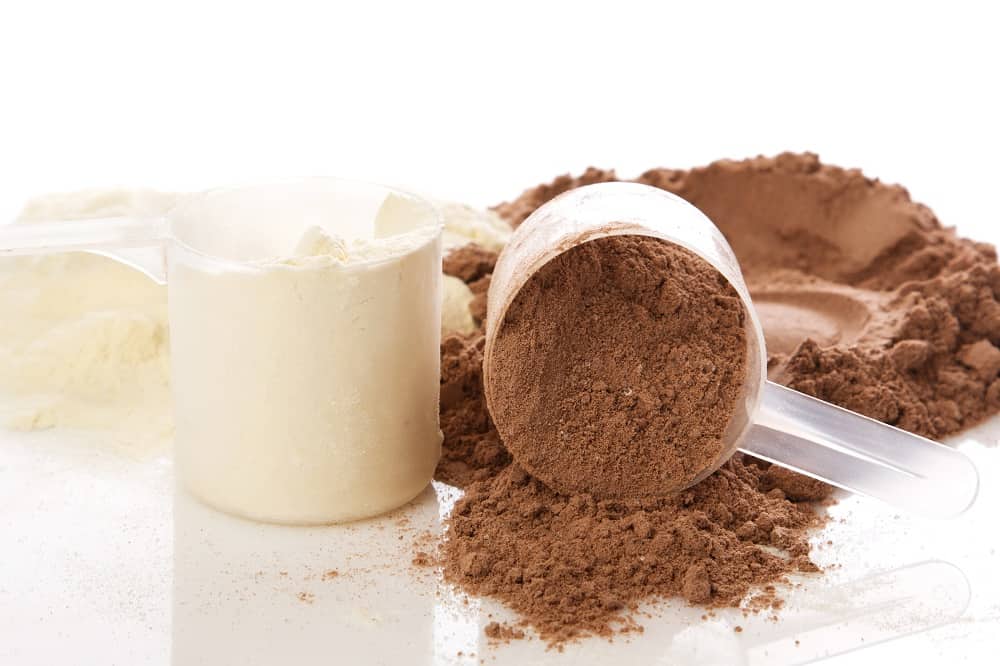Health Benefits of Whey
Whey protein is a high-quality protein naturally found in dairy. It is a complete protein containing all of the essential amino acids (“building blocks”) your body needs and is easy to digest. Whey protein is also one of the best sources of branched-chain amino acids (BCAA) including leucine, which has been shown to stimulate muscle synthesis.
Whey is a fast-acting protein that can be absorbed into the bloodstream and arrive at the muscles very quickly. Whey is fast fuel for the muscles. Research shows that whey can help build and repair muscle after workouts. Studies also show that diets higher in protein can help curb hunger and help maintain a healthy weight.
A 2019 study revealed that the addition of whey protein at each meal helped to preserve muscle, increase fat loss and improve the recovery of muscle strength during rehabilitation in older adults.
Whey Protein Concentrate vs. Isolate: Which is Healthier?
Products with whey protein as a major source of protein will list “whey protein isolate,” “whey protein concentrate,” or “hydrolyzed whey protein” near the beginning of the ingredients list. Whey protein isolate contains a higher concentration of protein per gram than whey protein concentrate because other ingredients, including lactose, fat, and some vitamins and minerals, are removed. The protein concentration of whey protein isolate is at least 90%, whereas the amount of protein present in whey protein concentrate can vary between 30 and 80%. Both offer health benefits and are used in various foods and powders. Hydrolyzed whey protein is created when the protein chains are broken down into smaller chains of amino acids called “peptides.” This form of whey protein is most commonly used in infant formulas, medical protein supplements, and some sports drinks.
If you are lactose intolerant you may be able to tolerate whey protein isolate, which contains very little lactose. The amount of lactose in whey protein concentrate is higher.

